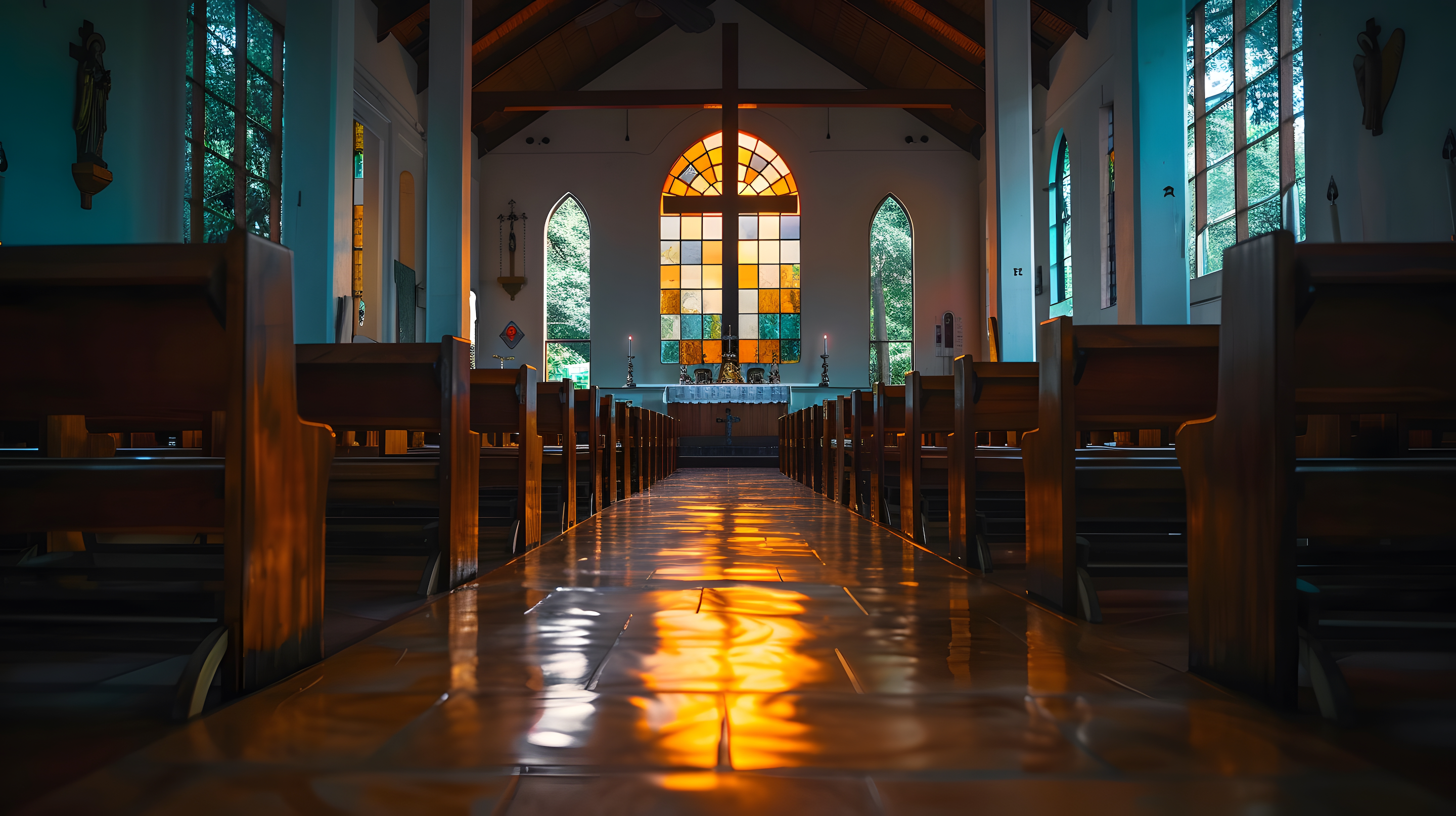
Philosophy
CISND Mission Statement
The mission of the Catholic Independent Schools of Nelson Diocese (CISND) is to educate the whole child through the Gospel message of Jesus Christ. Through collaboration with the home and Church, CISND works to create lifelong learners who are contributing Christian members of society.
The Catholic School Shares In The Mission Of The Church
The church has a mandate to proclaim the Good News, to “make disciples of all the nations” (Matt. 28:19) and to renew all things in Christ. The Catholic school is “the lifeline for the Church” and “an essential instrument for spreading and deepening the faith, for the expansion of Christianity and the Kingdom of God". In partnership with the family and the parish, the Catholic school shares in the saving mission of the Church by teaching Christian truth. Its students are educated to “promote effectively the welfare of the earthly city” and to contribute to the growth of God’s reign here on earth.
The graduates of the Catholic school are called to become part of “the saving leaven of the human family”.
It is through faith and baptism that a person becomes a member of the family of God. As such, every baptized member of the Church is “entitled to a Christian education,” as stated by Vatican II. “Baptized persons gradually should acquire knowledge of the mystery of salvation and so grow more conscious of the gift of faith they have received” and learn to conduct their lives “in righteousness and in the sanctity of truth”.
Characteristics of Catholic Schools
Two key factors make the Catholic school different from other schools:
1. Filled with the Spirit of Christ
In a Catholic school, “God, His Truth and His Life are integrated into each and every aspect of the life of the school”. The entire scholastic curriculum is permeated with the Spirit of Christ Jesus. In practice this means “to teach doctrine …. within the experience of the Christian community, and to prepare individuals for effective Christian witness and service to others”; in short, “to foster the student’s growth in personal holiness”.
Teachers and other staff work towards this goal also by their personal witness: “The more the teacher bears witness to Christ, the more likely young people will accept the challenge of building the new earth” which Jesus inaugurated.
2. Forms the whole person
Motivated by a Christ-centred vision of humanity and human history, the school promotes the formation of the whole person. Such formation embraces not only intellectual but also physical, emotional, moral and spiritual dimensions of human growth. Intellect, emotions, creative ability and cultural heritage also have a place in the life of the school. Human knowledge and skills are recognized as precious in themselves, but find their deepest meaning in God’s plan for creation.
This broad education prepares students for the challenges of life as adults in our multi-racial, multi-cultural province. Graduates of Catholic schools enter this fast changing society well informed and well rooted in their Christian faith, ready to talk and work with their fellow Christians and people of other beliefs. Committed to ecumenism and interfaith concerns, they can respond to our common call to seek and promote truth and wisdom in service to the human family.
Elements of Christian Formation
Several elements make up the Christian formation in the Catholic school – a formation in which the entire Church community is called to share:
Faith lived in community
Parents have the first responsibility for the education and Christian formation of their children. The school exists to compliment this responsibility, not to replace it. Parents have a “duty to send their children to Catholic schools wherever this is possible, to give Catholic schools all the support in their power, and to cooperate with them in their work for the good of their children”. At the same time, parents have a right to the Church’s help with their responsibilities as teachers of their children.
Pastors too are expected to promote and contribute to Catholic education for the young, who are the hope of the Church, especially those who are poor, those deprived of the benefits of family life, and those weak in faith. he parish community plays a vital role in supporting parents in their educational duties. Children, through involvement in parish activities, learn about belonging to a wider faith community.
Catholic schools are called to be communities of faith, teaching Christian values through both words and actions. The entire Church shares a responsibility to uphold and improve Catholic schools, ensuring they maintain their distinctive mission. Laypeople, clergy, and religious each have roles in supporting and making decisions concerning Catholic education.
Religious instruction
Religious instruction is another constitutive element in the Catholic schools’ process of education. The aim of religious instruction “is not simply one of intellectual assent to religious truths but also of a total commitment of one’s whole being to the Person of Christ”. This commitment to Christ is intrinsically linked to the liturgical and sacramental life of the Church, which the school encourages as its students discover and express their Christian identity and mission.
Useful Links
Staff: living witness
Jesus taught that each “…tree is known by its own fruit" (Luke 6:44). A genuine Catholic school practices what it teaches. It's crucial that teachers embody God’s love. Following Christ’s example, they convey the Christian message not just in words but also in their daily actions. This distinction sets apart a school where faith is woven into every aspect of education from one where religion is merely an academic subject.
Catholic education aims to nurture adults who can recognize God’s presence and purpose in the world today, echoing the Church's teachings on engaging with modern challenges. A mature faith sheds light on all aspects of life, guiding towards human-centred solutions, such as promoting social justice, peaceful societies, and environmental stewardship.
Christ-centred education
The entire school program is meant to be Christ-centred. The Catholic school “strives to relate all human culture eventually to the news of salvation, so that the life of faith will illumine the knowledge which students gradually gain of the world, of life, and of humankind,” as the Declaration on Christian Education states.

